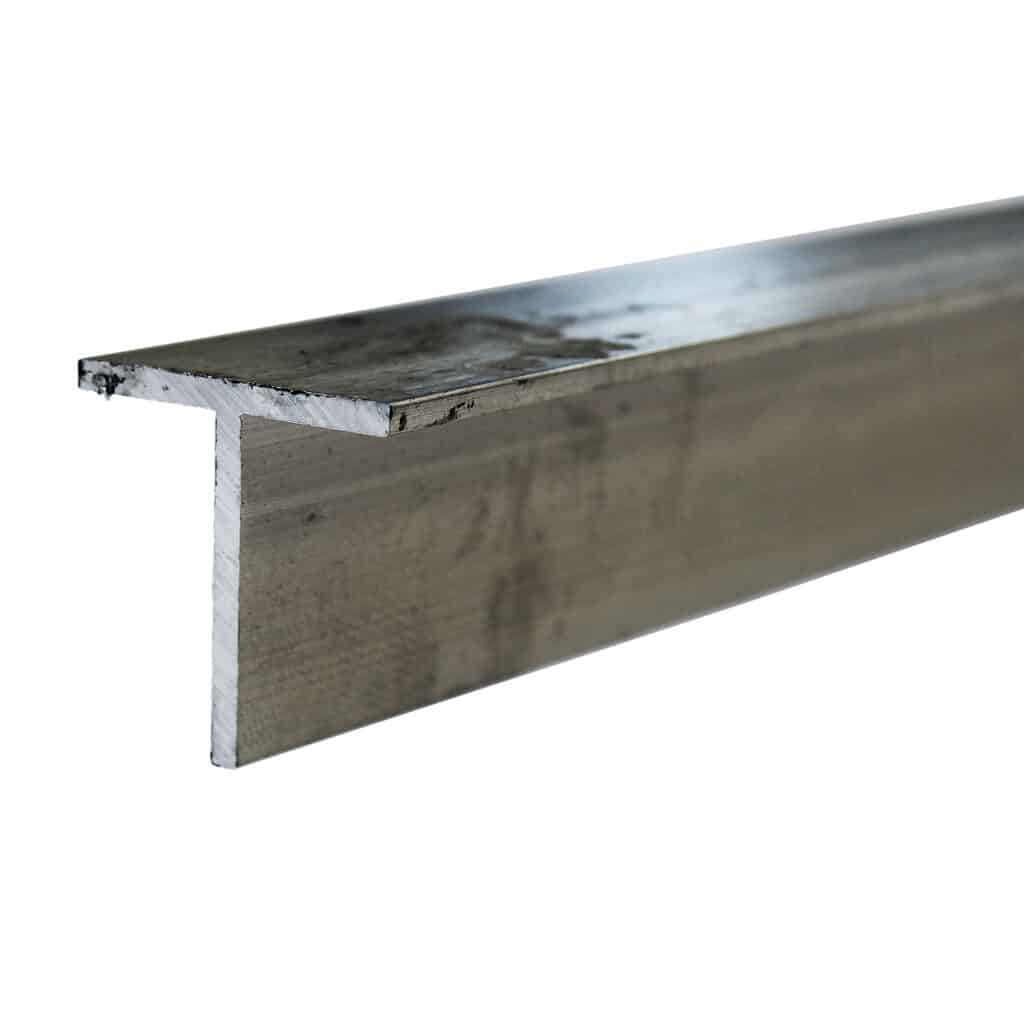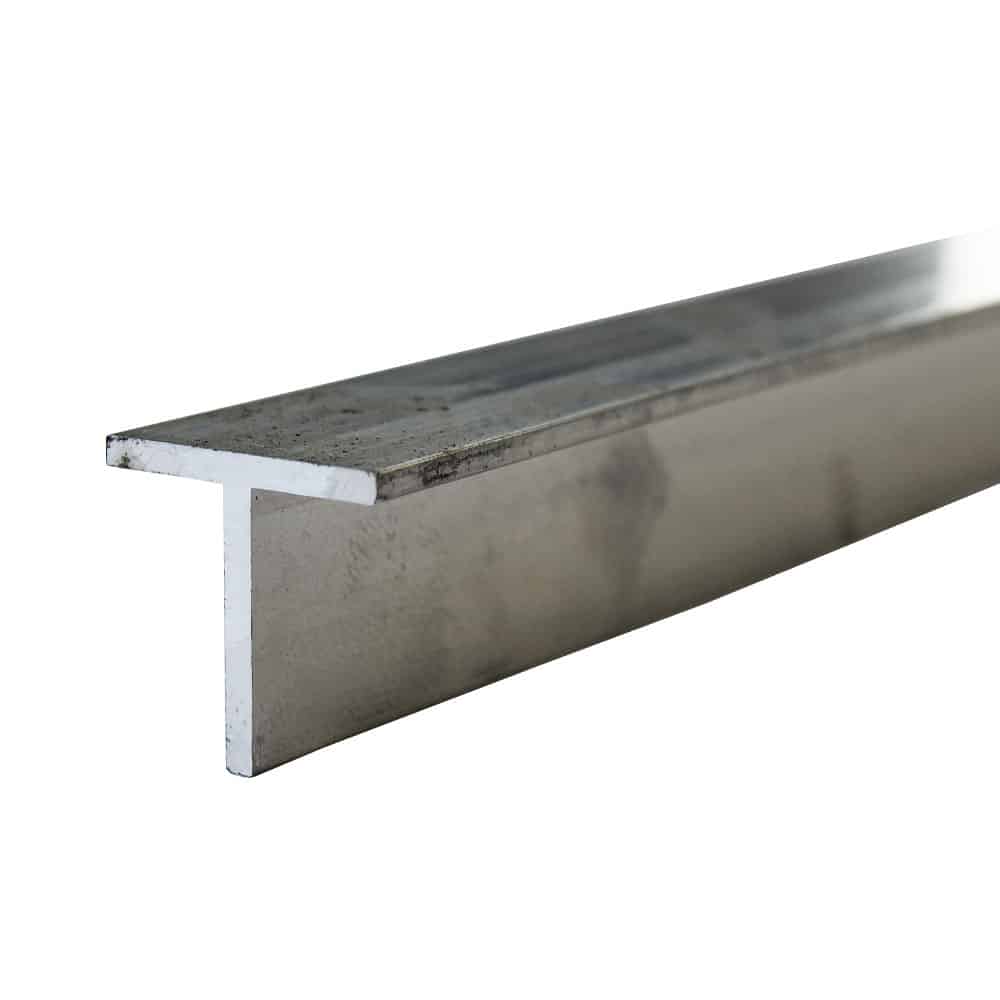- Massive Range
- FREE UK Delivery
- Rapid Dispatch
- Massive Range
- FREE UK Delivery
- Rapid Dispatch
- Massive Range
- FREE UK Delivery
- Rapid Dispatch
Menu
£17.59 – £36.40 inc VAT

Rectangular steel tubing is a versatile and durable material that can be used in various applications. This type of tubing, particularly the 50mm x 25mm x 2.5mm mild steel rectangle box section by Speciality Metals, is available in various lengths and is a cost-effective option for many projects. Not only is it recyclable, making it an environmentally friendly option, it also boasts great weldability, machinability, bendability and formability. All of these factors make rectangular steel tubing a popular choice for construction projects, infrastructure development and metal fabrication.
The Speciality Metals Company is one of the leading suppliers of box section in the United Kingdom.
Box sections, also known as mild steel hollow sections or ERW tubes, are widely used in a variety of applications and come in both square and rectangular options.
If you’re in need of a versatile and durable material for your construction or manufacturing projects, then look no further than rectangular steel tubing. Speciality Metals offers a 50mm x 25mm x 2.5mm Mild Steel Rectangle Box Section that comes in various lengths and is recyclable, making it an eco-friendly choice. Not only is this steel tubing cost-effective, but it boasts great weldability, machinability, bendability and formability. With these impressive attributes, it’s clear that rectangular steel tubing is a top choice for a wide range of industries. Trust Speciality Metals to provide you with the quality and reliability you need for your next project.
Speciality Metals is known to be the United Kingdom’s best up-and-coming small-quantity metal company.
Furthermore we stock a vast range of round tube options that compliment our mesh range perfectly.
Over 50,000 customers of Specialty Metals are provided with fast, friendly customer service every year. We’re the place to try when you need metal of any shape and size. We’re based in Warrington, UK. We pride ourselves on our rapid turnaround and a large range of options.
Mild steel square hollow sections can be used in marine environments, but they require proper corrosion protection to withstand the harsh conditions associated with exposure to seawater. The marine environment is highly corrosive due to the presence of saltwater, which accelerates the rusting process of mild steel.
Unprotected mild steel square hollow sections will corrode quickly in marine environments, compromising their structural integrity and longevity. To make them suitable for marine applications, several corrosion protection methods can be employed:
Hot-Dip Galvanising: Hot-dip galvanising involves coating the mild steel with a layer of zinc by immersing it in a bath of molten zinc. This zinc coating acts as a sacrificial barrier, corroding in place of the steel, and providing excellent protection against the corrosive effects of seawater.
Painting with Marine-Grade Coatings: Applying marine-grade paint or coatings to the mild steel square hollow sections can provide a protective barrier against the corrosive effects of saltwater.
Stainless Steel or Corrosion-Resistant Alloys: Alternatively, using stainless steel or other corrosion-resistant alloys for square hollow sections can eliminate the need for additional coatings. Stainless steel is inherently resistant to corrosion in marine environments due to its high chromium content.
It’s important to note that even with proper corrosion protection, mild steel square hollow sections used in marine environments will still require regular maintenance and inspection to ensure the continued effectiveness of the protective coatings or materials.
When designing structures for marine applications, it is crucial to consider the environmental conditions and the level of exposure to seawater. Consulting with engineers or corrosion specialists will help determine the most suitable materials and corrosion protection methods for the specific marine project, ensuring durability and safety over the long term.
Yes, mild steel rectangular steel tubing is commonly used for DIY projects due to its versatility, accessibility and ease of fabrication. DIY enthusiasts and hobbyists often choose mild steel rectangular steel tubing for various home improvement and fabrication tasks because of its many benefits:
Strength and Durability: Mild steel rectangular steel tubing offers excellent strength and durability, making it suitable for various structural and load-bearing applications.
Availability and Cost-effectiveness: Mild steel rectangular steel tubing is widely available at hardware stores and metal suppliers, making it easily accessible for DIY projects. It is also cost-effective compared to some other materials.
Ease of Fabrication: Mild steel is relatively easy to work with, allowing DIYers to cut, weld and shape it into the desired forms for their projects.
Versatility: Mild steel rectangular steel tubing can be used in a wide range of DIY projects, such as building frames, furniture, storage racks, handrails and outdoor structures.
Customisable: The standard sizes of mild steel rectangular steel tubing can be easily cut and modified to suit specific project requirements.
Paintable and Finishable: Mild steel can be painted or finished to achieve the desired appearance and protection against rust and corrosion.
However, when working with mild steel rectangular steel tubing in DIY projects, it’s important to consider some key factors:
Safety: Welding and cutting mild steel require proper safety precautions, such as wearing protective gear and working in well-ventilated areas.
Rust Prevention: If the DIY project will be used outdoors or in potentially damp environments, proper rust prevention measures like painting or galvanising should be considered.
Design and Structural Integrity: For load-bearing structures or critical applications, it’s crucial to ensure proper design and structural integrity. Consulting with an engineer or experienced metalworker can help in this regard.
Overall, mild steel rectangular steel tubing is a popular choice for DIY projects due to its availability, affordability and adaptability. With proper planning and execution, DIYers can create a wide range of functional and aesthetically pleasing projects using mild steel rectangular steel tubing.
Using mild steel rectangular steel tubing in construction offers several benefits, making it a popular choice for various building and engineering projects. Here are some of the key advantages:
Strength and Durability: Mild steel rectangular steel tubing provides high strength and durability, making it suitable for load-bearing applications in construction. It can withstand heavy loads, making it ideal for structures like frames, columns and beams.
Cost-Effectiveness: Mild steel is relatively affordable compared to other construction materials like stainless steel or aluminum. This makes it a cost-effective option, especially for large-scale projects.
Versatility: Mild steel rectangular steel tubing comes in various sizes and thicknesses, allowing for versatility in design and construction. It can be easily cut, welded and shaped to meet specific project requirements.
Ease of Fabrication: Mild steel is easy to work with, making it convenient for fabrication processes like cutting, drilling and welding. This reduces construction time and labor costs.
Recyclability: Mild steel is highly recyclable, contributing to sustainable construction practices and reducing the environmental impact.
Fire Resistance: Mild steel exhibits good fire resistance properties, making it suitable for fire-rated structures and applications.
Aesthetics: The clean and modern appearance of mild steel rectangular steel tubing makes it a preferred choice in architectural and design applications.
Structural Stability: The consistent properties of mild steel rectangular steel tubing ensure stable and predictable behavior in structural applications, providing confidence in its load-bearing capabilities.
Application Range: Mild steel rectangular steel tubing finds applications in various construction projects, such as buildings, bridges, infrastructure, fencing, handrails and outdoor structures.
While mild steel has numerous benefits, it is essential to consider specific project requirements and potential exposure to corrosive environments. Proper surface coatings or material selection should be employed to prevent rust and ensure the longevity of the structures.
Overall, mild steel rectangular steel tubing offers an excellent balance of strength, versatility and cost-effectiveness, making it a reliable choice for a wide range of construction projects.
Mild steel rectangular steel tubing, aluminum and stainless steel are three different materials commonly used in construction and engineering applications. Each material has its own set of properties and characteristics, making them suitable for specific uses. Here’s a comparison of mild steel rectangular steel tubing with aluminum and stainless steel:
Strength and Durability:
Corrosion Resistance:
Weight:
Cost:
Aesthetics:
Ultimately, the choice between mild steel rectangular steel tubing, aluminum or stainless steel depends on specific project requirements, including load-bearing needs, environmental conditions, budget and aesthetic preferences. Each material has its strengths, and selecting the right one requires careful consideration of the application and performance requirements.
Check out our blog discussing what is a steel box section. It will prove a useful read to help you to make an informed decision on which material would work best for you.
We are also very proud of our ever expanding YouTube channel.
Our goal for our blogs and help guides is to answer as many questions as possible to help to explain the possibilities of mesh to our customers. Contact us today if you have any questions at all. We are always really keen to help in any way that we can.
We are also very proud of our highly popular eBay store, check us out there too.
£16.49 – £44.99 inc VAT
£15.49 – £39.99 inc VAT

£16.49 – £44.99 inc VAT

£15.49 – £39.99 inc VAT
Speciality Metals
Unit 1, Farrell Street, Warrington,
Cheshire, WA1 2WW, United Kingdom
Quick Links
Payment Options
